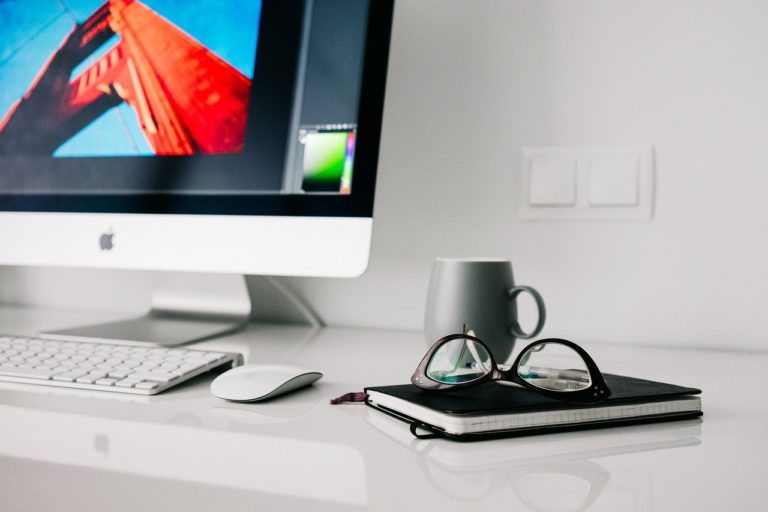
Cyber attackers and hackers tend to exploit users’ lack of knowledge and intrude into their privacy, particularly in a period like this when the whole world is vulnerable and open to attack. Proper internet setup and installing high-end devices alone cannot ensure user security or avoid data breaches. Still, one needs to be completely aware of the possible threats to keep one’s system safe and secure.
After the initial internet setup, most users assume that the job is now complete. They do not even recognise the significance of their home Wi-Fi router and the possible exploitations they are subject to. Hence, one must be conscious of all the possible measures to enhance the security of one’s home Wi-Fi, which this article will discuss in the following section:
- The first thing one needs to do after completing the initial set up is changing the default network name. Commonly known as SSID, altering the default name means reducing the risks of a possible attack. Once the user changes the default name, it becomes difficult for the hacker to locate and identify the router’s details. While setting up, it is equally important not to give any provocative name for your Wi-Fi like “Hack me if you can” or “the untraceable”. Experts advise creating a long password that includes letters, numerics and symbols as an added security measure.
- During extended periods of inactivity, it is always safe to turn off the Wi-Fi network. It is also essential to disable Wi-Fi when the members of the house are out of town. By doing so, one can avoid the possibility of an attack when one is away from home; malicious hackers might attempt to get access to it when the residents are away.
- Most users are unaware that the internet router’s position and placement at home can affect its security. It is better to place the internet router close to the centre of one’s residence. Firstly, this move will reduce signal interception possibilities outside the house by attackers since the signal strength would be weaker outside. Secondly, it will ensure equal access to the network from every room in the house.
- To keep the attackers at bay, the users need to provide details of all the connected devices at home in MAC addresses. MAC addresses optimise security by restraining unauthorised and unrecognised devices from accessing one’s home wireless network since it approves only the selected addresses to access the internet.
- To further optimise the network’s security, one should disable the Dynamic Host Configuration Protocol (DHCP) server in the router. As an alternative, one can give a suitable IP address according to the type of the router.
- One should equip their router enough to hide the SSID, a series of characters that appears when devices search for Wi-Fi.
- Using a firewall is central to the security of an internet router. Most routers come with an in-built firewall system, and one should make sure to enable it from the beginning. One should also make sure that he/she is not giving access to ports which they are not using. If one’s system runs on any operating system like Windows 10, then the host-based firewall would be integrated into the OS. It is essential to do regular system updates to keep the firewall and all other security patches in good shape.